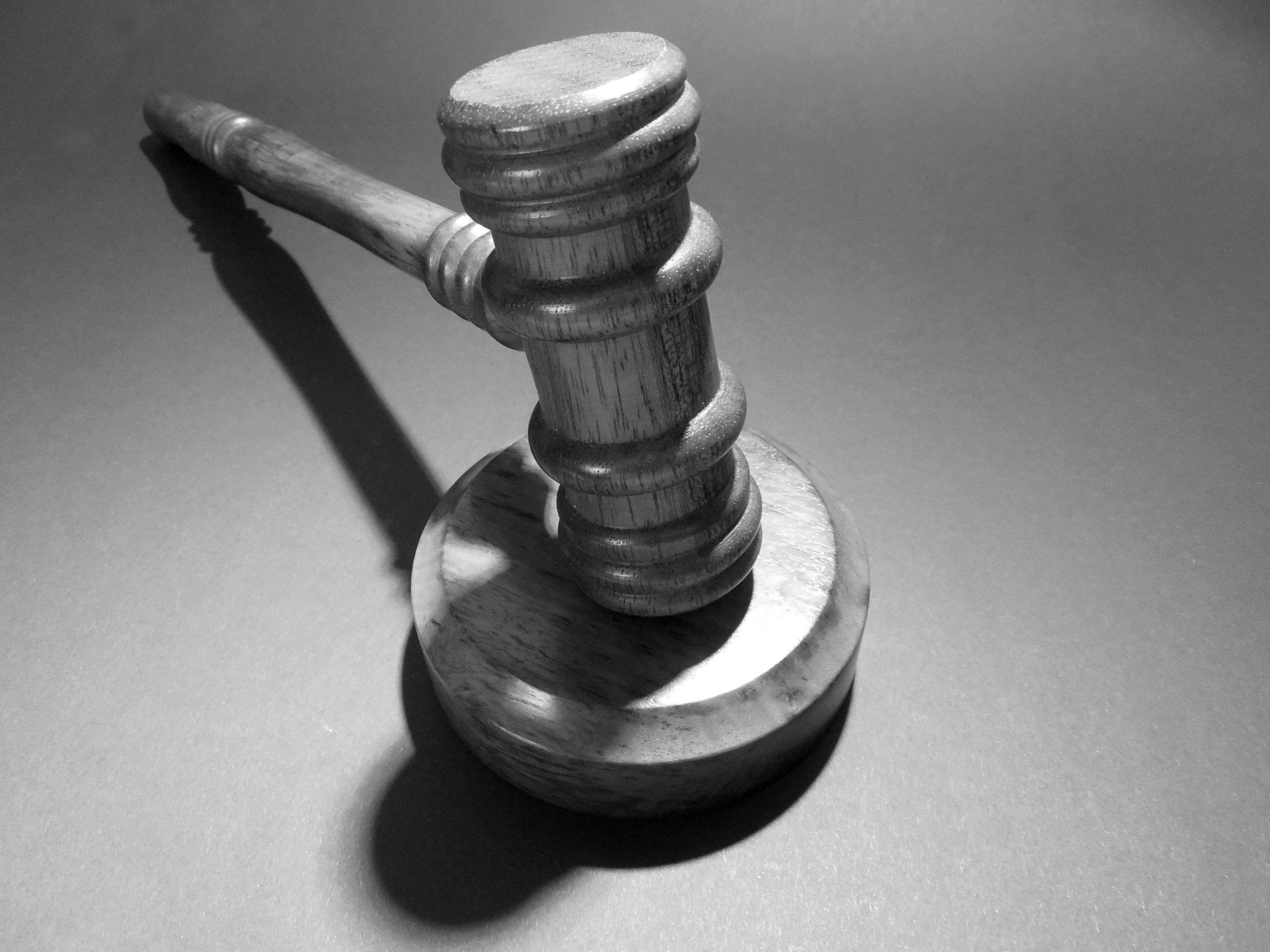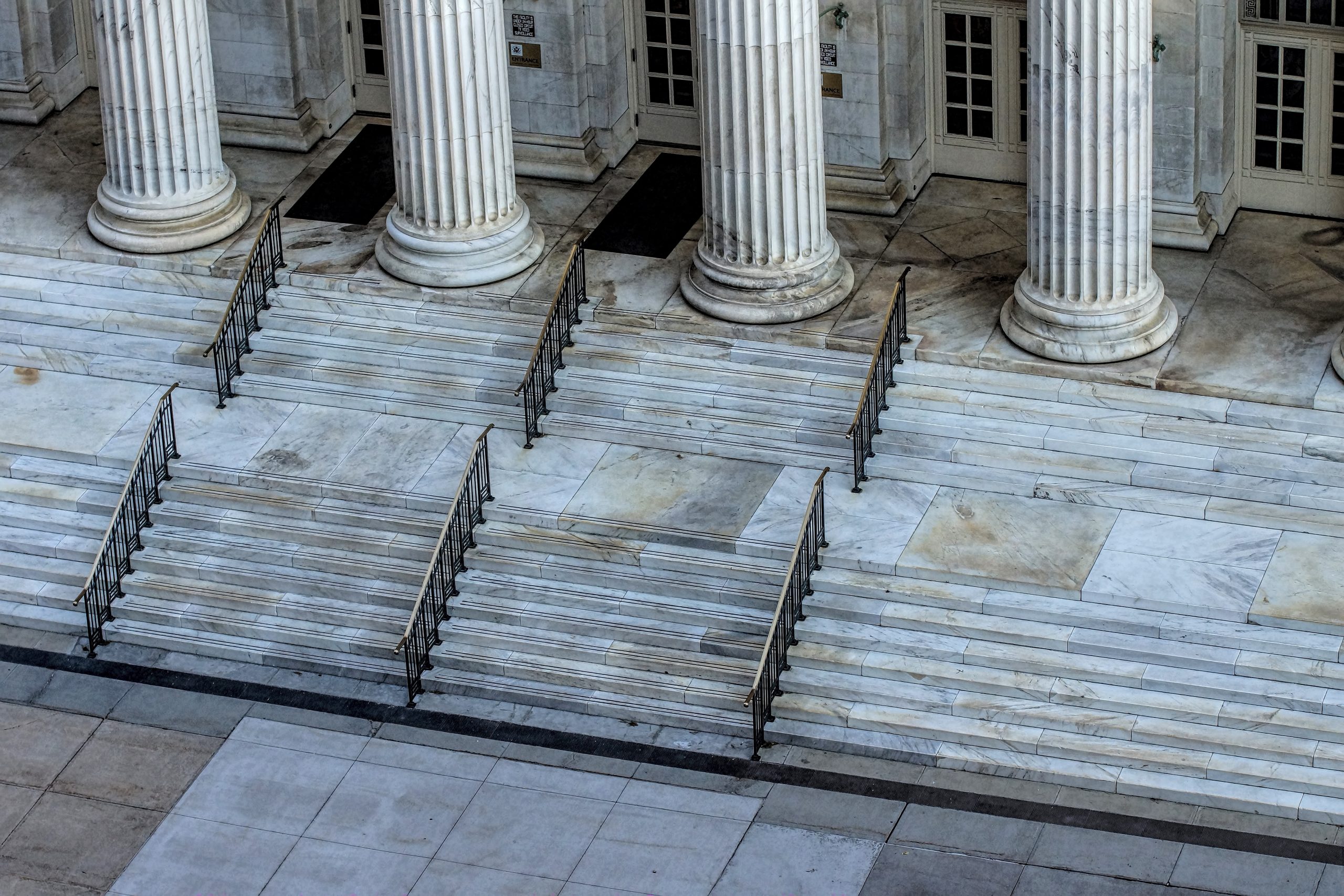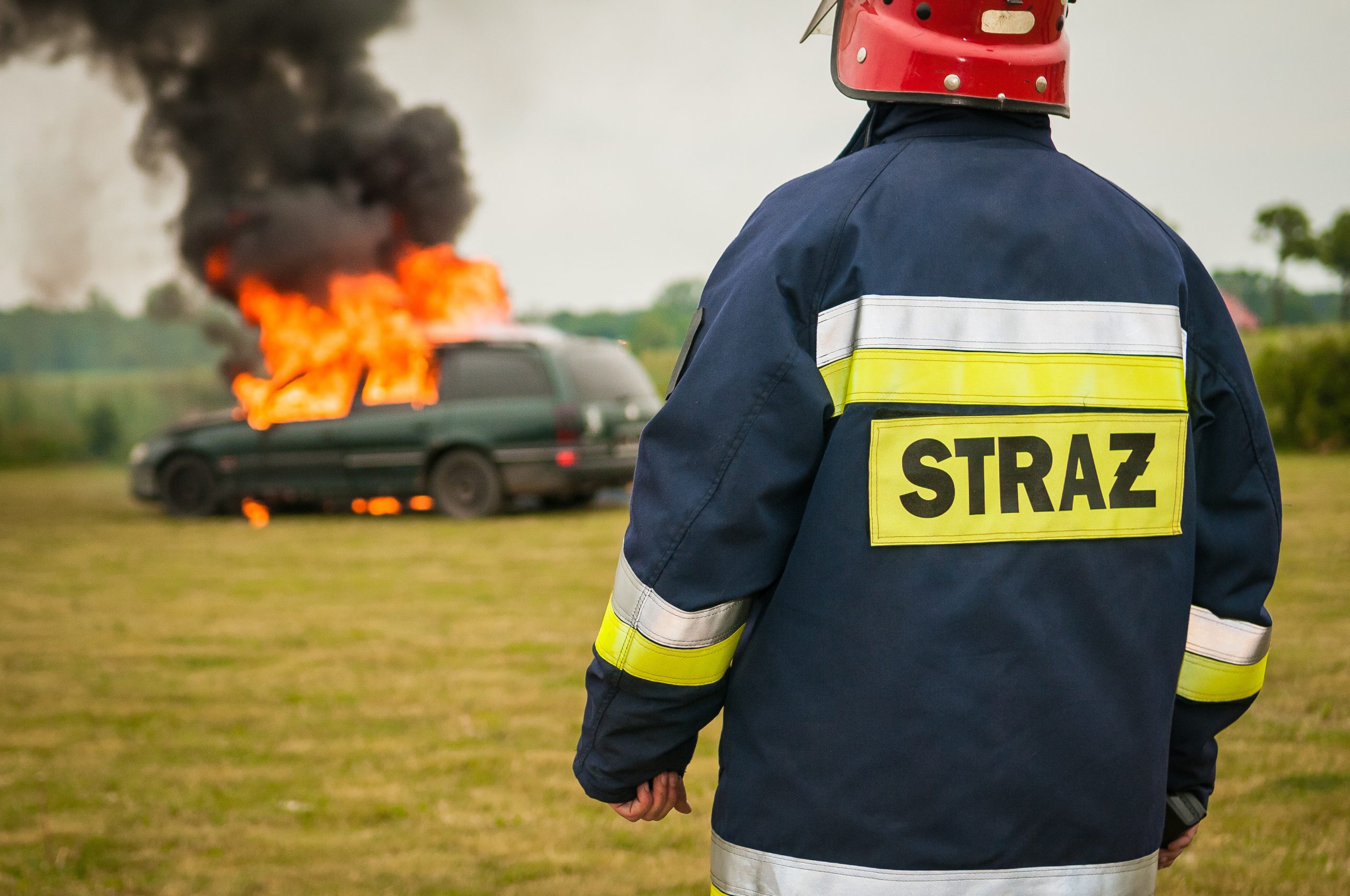 Family businesses can present challenging legal issues. Although you might feel like you can trust your family members to do the right thing, this is not always true, especially when large sums of money are involved. This case illustrates the complexities that resulted from agreements related to ownership of a family business, which was only resolved following multiple appeals.
Family businesses can present challenging legal issues. Although you might feel like you can trust your family members to do the right thing, this is not always true, especially when large sums of money are involved. This case illustrates the complexities that resulted from agreements related to ownership of a family business, which was only resolved following multiple appeals.
Sam Broussard Jr. (BR) and his three sisters each owned 25% of Sam Broussard Trucking (“SBT”). After their parents died, BR was the president of SBT. His sisters agreed to make him the majority owner of SBT. Each sister received a Stock Redemption Agreement (“SRA”). Under the SRA, each of the three sisters agreed to transfer 171.5 shares of SRT stock back to SRT for $200,000.
One of his sisters, Guillory, filed a lawsuit against BR, claiming he had not kept his promises related to the SRA. At trial, the jury found BR had not given Guillory sufficient profits, as promised. The jury also found BR had violated the Louisiana Unfair Trade Practices Act, La. R.S. 51:1401. The jury awarded Guillory $69,084 for this violation. The jury also found Guillory’s error concerning the SRA invalidated it.
 Insurance Dispute Lawyer Blog
Insurance Dispute Lawyer Blog



 When considering a legal malpractice claim, it is crucial to understand that proving your attorneys’ negligence alone is insufficient. To establish the merit of such a claim, you must demonstrate an underlying loss resulting from their negligence. This requires presenting compelling evidence that your original claim would have been successful had your attorneys not been negligent. The case of Shawn Cupit, who pursued a wrongful death lawsuit, highlights the significance of providing admissible evidence and the challenges involved in proving a legal malpractice case.
When considering a legal malpractice claim, it is crucial to understand that proving your attorneys’ negligence alone is insufficient. To establish the merit of such a claim, you must demonstrate an underlying loss resulting from their negligence. This requires presenting compelling evidence that your original claim would have been successful had your attorneys not been negligent. The case of Shawn Cupit, who pursued a wrongful death lawsuit, highlights the significance of providing admissible evidence and the challenges involved in proving a legal malpractice case. Sufficient evidence is required to prevail in any lawsuit. Generally, each side obtains additional evidence through the discovery process. However, what happens if a court grants a summary judgment motion for one party before the other party has time to complete adequate discovery? The following case helps answer this question.
Sufficient evidence is required to prevail in any lawsuit. Generally, each side obtains additional evidence through the discovery process. However, what happens if a court grants a summary judgment motion for one party before the other party has time to complete adequate discovery? The following case helps answer this question. One tool courts can use to manage litigation is a Special Master. A Special Master issues reports that a court can consider when ruling on a case. However, what happens if a court disregards the recommendations in a Special Master’s report? This situation raises intriguing questions about the authority and discretion of the court, leaving us to ponder the implications of such actions, as discussed in the case below.
One tool courts can use to manage litigation is a Special Master. A Special Master issues reports that a court can consider when ruling on a case. However, what happens if a court disregards the recommendations in a Special Master’s report? This situation raises intriguing questions about the authority and discretion of the court, leaving us to ponder the implications of such actions, as discussed in the case below. Imagine, for a moment, you’re organizing a large-scale event with a long checklist of details to manage. Now imagine missing one tiny detail and having it cost you a whopping quarter-million dollars! That’s precisely the scenario that unfolded for Star Financial Services, Inc., a prominent ATM operator, in their dealings with Cardtronics, USA, Inc. The United States Court of Appeals for the Fifth Circuit reversed the District Court’s grant of summary judgment in favor of Cardtronics.
Imagine, for a moment, you’re organizing a large-scale event with a long checklist of details to manage. Now imagine missing one tiny detail and having it cost you a whopping quarter-million dollars! That’s precisely the scenario that unfolded for Star Financial Services, Inc., a prominent ATM operator, in their dealings with Cardtronics, USA, Inc. The United States Court of Appeals for the Fifth Circuit reversed the District Court’s grant of summary judgment in favor of Cardtronics. Imagine attending a routine medical appointment at your local doctor’s office. You enter the premises expecting a standard check-up, but unexpectedly, you trip over a defective threshold and fall onto a hard terrazzo floor. This unsettling scenario is precisely what Lois J. Tate encountered in their accident, sparking a personal injury action against Touro Infirmary and Louisiana Children’s Medical Center. The Louisiana Fourth Circuit Court of Appeal affirmed the Trial Court’s decision to grant summary judgment in favor of the defendants, Touro Infirmary, and Louisiana Children’s Medical Center.
Imagine attending a routine medical appointment at your local doctor’s office. You enter the premises expecting a standard check-up, but unexpectedly, you trip over a defective threshold and fall onto a hard terrazzo floor. This unsettling scenario is precisely what Lois J. Tate encountered in their accident, sparking a personal injury action against Touro Infirmary and Louisiana Children’s Medical Center. The Louisiana Fourth Circuit Court of Appeal affirmed the Trial Court’s decision to grant summary judgment in favor of the defendants, Touro Infirmary, and Louisiana Children’s Medical Center. Hurricanes can result in significant property damage, including flooding with contaminated water. When faced with such a situation, homeowners may wonder if they have a viable lawsuit against the responsible parties, such as the company responsible for the contaminants or the city involved in managing the wastewater system. The following case sheds light on the legal considerations surrounding property damage caused by contaminated floodwater and the potential liability of the responsible entities.
Hurricanes can result in significant property damage, including flooding with contaminated water. When faced with such a situation, homeowners may wonder if they have a viable lawsuit against the responsible parties, such as the company responsible for the contaminants or the city involved in managing the wastewater system. The following case sheds light on the legal considerations surrounding property damage caused by contaminated floodwater and the potential liability of the responsible entities. We all cherish the idea of collecting vacation days, envisioning the blissful trips we’ll take in the future. But what if you find yourself resigning from your job with a surplus of accrued vacation days that you haven’t had the chance to use?
We all cherish the idea of collecting vacation days, envisioning the blissful trips we’ll take in the future. But what if you find yourself resigning from your job with a surplus of accrued vacation days that you haven’t had the chance to use?  If you are involved with a lawsuit, you probably imagine your day in court involving a jury listening to the evidence and rendering a decision. After all, the US Constitution protects our right to a trial by jury. But what happens if the court issues a notice scheduling your trial to be heard in front of a judge instead of a jury?
If you are involved with a lawsuit, you probably imagine your day in court involving a jury listening to the evidence and rendering a decision. After all, the US Constitution protects our right to a trial by jury. But what happens if the court issues a notice scheduling your trial to be heard in front of a judge instead of a jury?  If you’ve ever left a job in the middle of a pay period, you might have had to wait to receive your final check. But what if you were fired, reinstated, fired, reinstated, and fired again? Payment of wages gets a bit more confusing.
If you’ve ever left a job in the middle of a pay period, you might have had to wait to receive your final check. But what if you were fired, reinstated, fired, reinstated, and fired again? Payment of wages gets a bit more confusing.